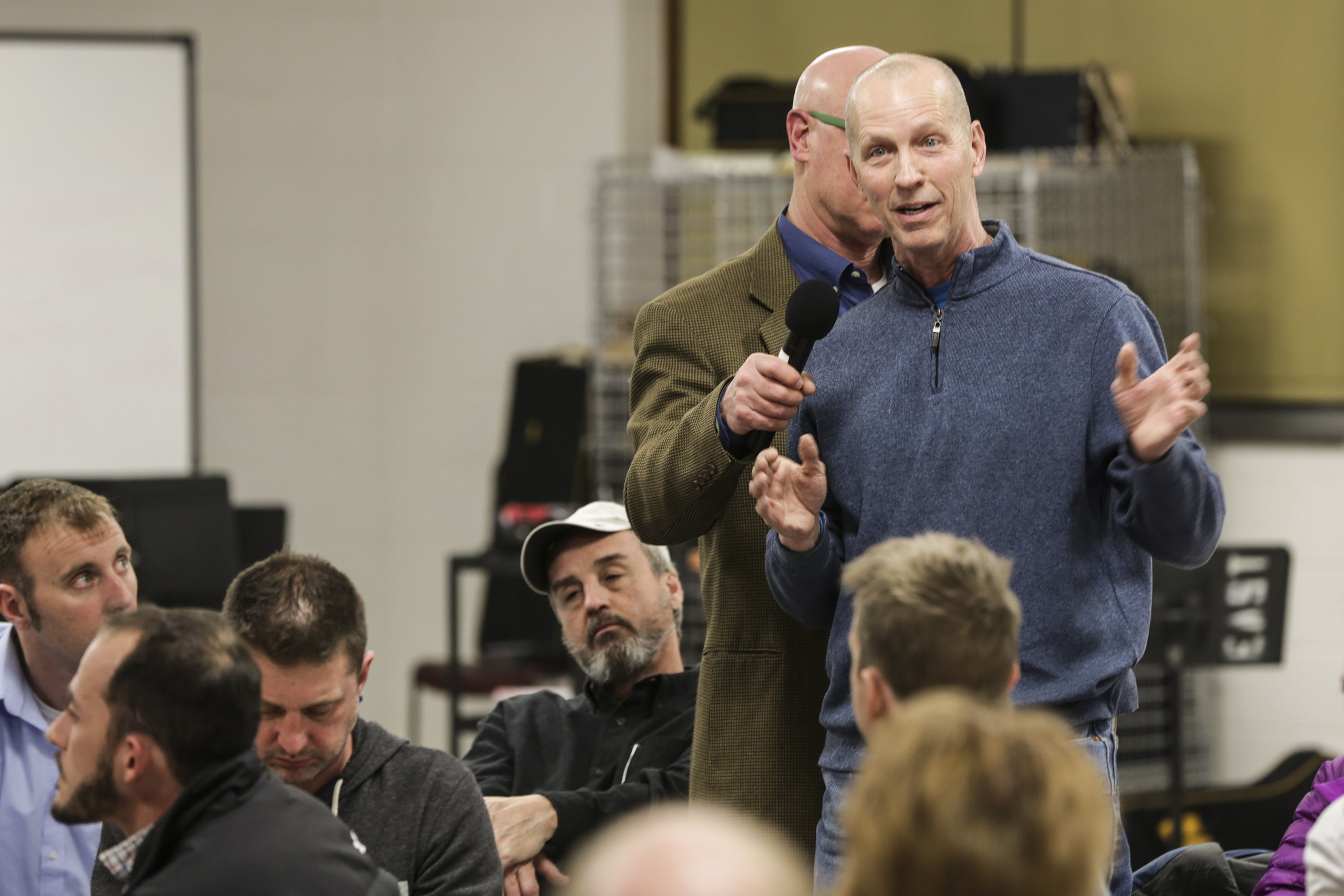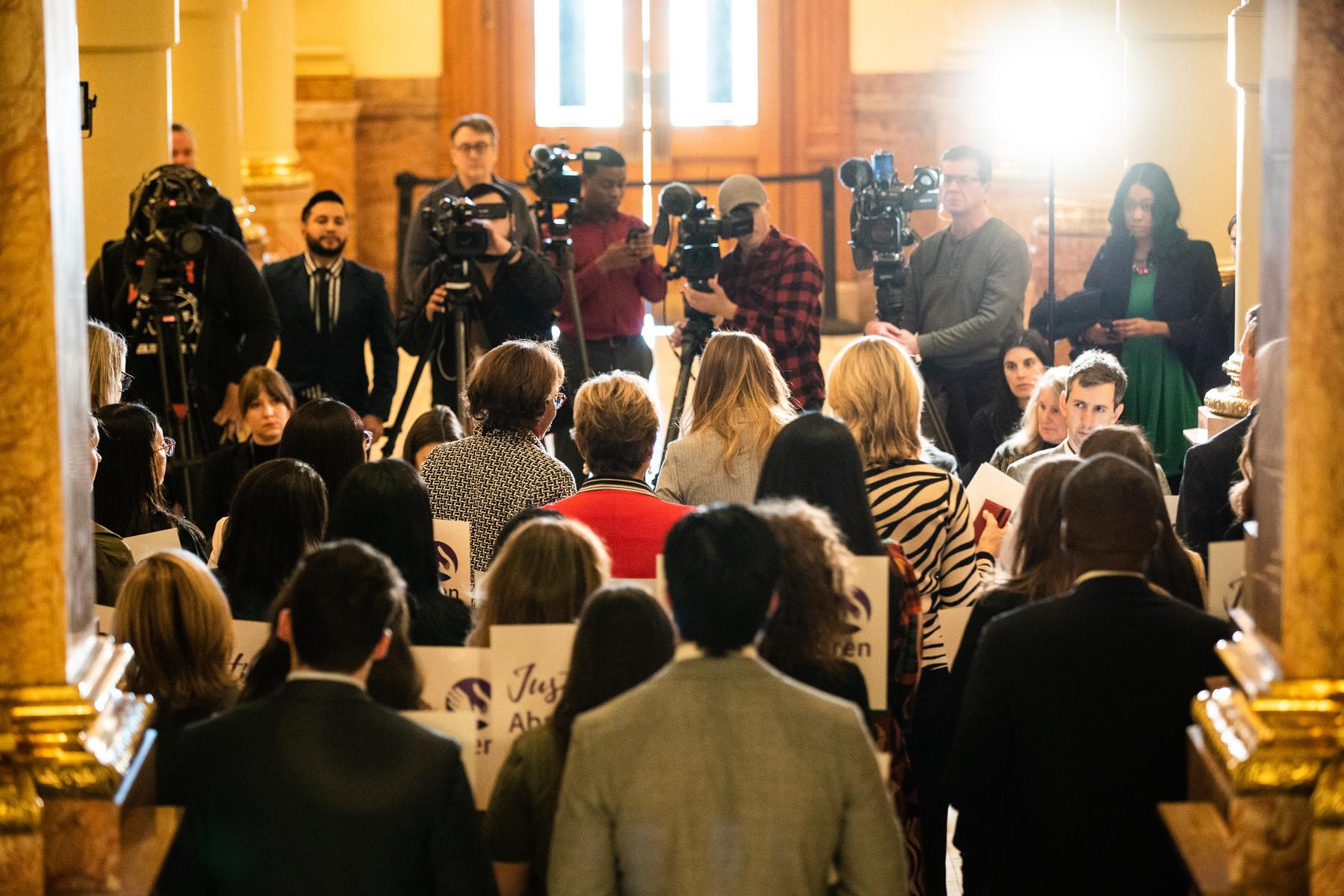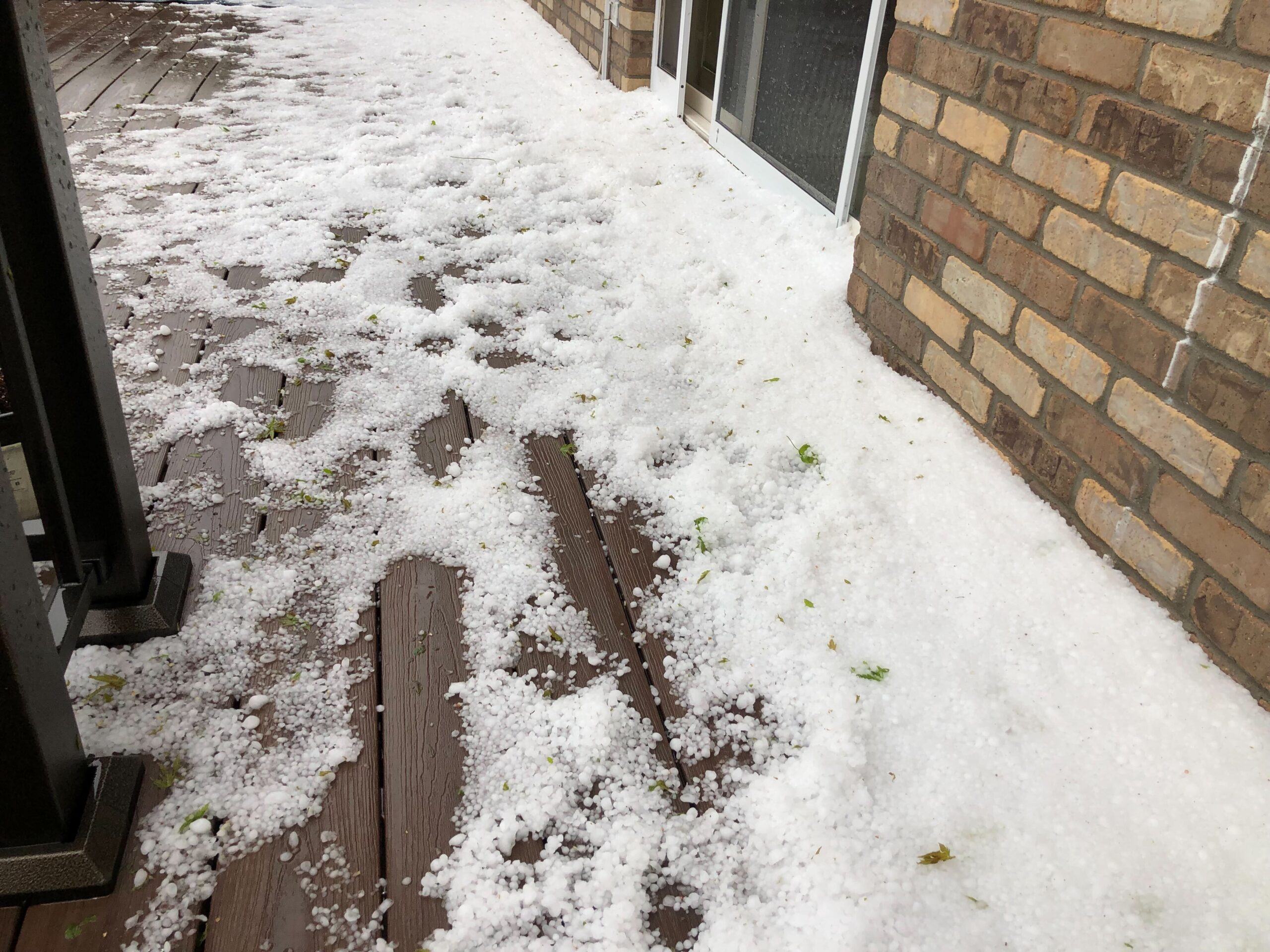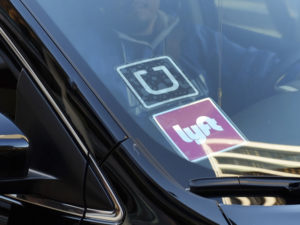
Critics of short-term rental outfits such as Airbnb say the business model is hurting Denver's housing market, and they want to require landlords to live in the properties they rent. On the other side, there are those who say such limits will be a big blow to their incomes.
The Denver City Council is considering new rules for short-term rentals, and hearing from all sides at town hall meetings. One of them is Wednesday night at North High School.
Why it's a big deal:
Short-term rentals are big business these days. Online companies like Airbnb and VRBO make it really easy to rent out your spare room or apartment. So easy, in fact, that the city estimates there are about 2,000 short-term rental listings right now in Denver. Some long-term residents say these short-term rentals are hurting their neighborhoods.
"I know progress is coming. I can't stop it," said Five Points native Cheryl Simmons at the last town hall meeting, which was at East High School. "My heart breaks to know that I grew up in a community that was vested in the richness that it brought. And all that it's turned into now is an investment. And that makes me really sad."
What the city wants to do about it:

First, make it legal. It's technically illegal to rent a place for fewer than 30 days -- although the city openly says it doesn't enforce that rule. The city also wants short-term landlords to get a business license from the city, pay lodging tax, and -- this is the most controversial part -- they want to ban hosts from renting a property that isn't their primary residence.
That means landlords would have to live in the place they rent out. The thought here is that it would help protect the city's affordable housing stock. The city is worried about investors buying up apartment buildings, kicking out the existing tenants, and then renting out the units on Airbnb.
Others, like Marty Jones, a landlord from San Rafael, are worried about the mere presence of short-term rentals. He rents out half a duplex long-term. The other half, which he doesn't own, was just turned into a short-term rental.
"When our tenants found out this was the case, they told us they would be moving if that took place," he said at last week's meeting. "They did not want to live next to an ever-changing roster of strangers."

Jones says that makes his property less valuable, unless he turns it into short-term rental itself. He says that would hurt the neighborhood.
At the same time, others oppose the idea of limiting short-term rentals to primary residences. Monika DeWitt, an Airbnb landlord in Congress Park, is one of them.
"I've invested all of my retirement into my rental property. And the fact that you're considering that I have to, that this has to be my primary residence, it doesn't make any sense," she says. She made this big investment, and now she's worried that the city won't let her use it the way she wants to.
Not all rentals are the same:
The council isn't too worried about someone renting out a spare room or their entire home for a few days here and there. It's the homes and apartments that are essentially being turned into mini hotels that have people up in arms.
The number of rentals involved:
We compiled Airbnb data last fall that suggests at least 120 entire home units in Denver are rented at least half the year. That doesn't take into account other rentals listed on VRBO or other platforms. But Airbnb is the biggest player here by far.
Most of these properties are downtown and in the neighborhoods immediately surrounding it. There's another cluster on the south side near Platt Park and DU. Five Points has the most, though -- 178 units when we counted last fall.
What may happen next:
Councilwoman Mary Beth Susman, who's been leading this whole effort, says she's been hearing a lot on the primary residency requirement. And that has her re-thinking how strict it needs to be.
"You know, I can see why a young couple that buys a duplex and wants to rent out the adjoining duplex, ... [how] that wouldn't be your primary residence. That's something we might want to look at. Because perhaps that's also helping them meet a mortgage," she said. after last week's meeting.
She still thinks the primary residency requirement will make it to the final ordinance, at least in some form. The main thing, Susman says, is that the rules are strong enough to protect affordable housing.









